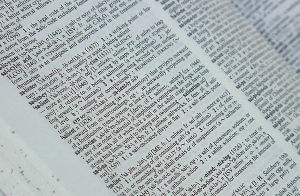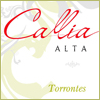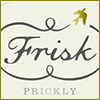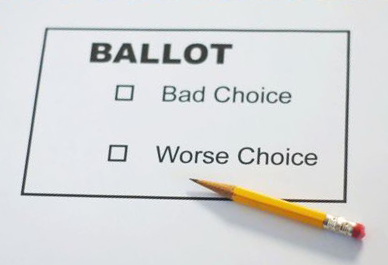 A few weeks ago, I was reading an online article, which I don’t remember the address of. I had no problem reading it, but when I got to the comments, I was surprised to hear, “Who does the writer think he is?” and “He’s just trying to use big words to make himself sound important.”
A few weeks ago, I was reading an online article, which I don’t remember the address of. I had no problem reading it, but when I got to the comments, I was surprised to hear, “Who does the writer think he is?” and “He’s just trying to use big words to make himself sound important.”
I re-read the article. I didn’t see any words that I don’t use on a regular basis. This got me to thinking a little about vocabulary, and the importance of reaching your audience through your words.
True Story
I was once recruited by a man named Gary Cooper, who owned a drinking establishment named the “Coopacabana.” I was tasked with assisting him in the task of moving a shuffleboard style bowling game into his establishment. When I was finished he offered me a beer. The conversation went like this.
Gary: Are you over 21?
Me: Yes (it was actually true.)
Gary: You want a beer?
Me: Sure.
Gary: What would you like?
Me: Sam Adams.
Gary: What?
Me: Leinenkugel?
Gary: What?
Me: Pabst? (I was trying to re-gain some cred.)
Gary: Sure.
I had lacked the vocabulary to order a beer in a neighborhood bar.
So, you have to be careful not to use too many “big” words. Well, that kind of sucks, but there are some tricks I like to play to vary things up a bit. Often complex words share roots with simple words, and you can get away with using them. in context.
 For instance, I would never use the word Nosferotic in a memo, but in a vampire book, where people are used to reading Nosferatu, it’s a pretty easy sell. At worst, some people might think I made up the word, which considering the popularity of it’s use, I might as well have. I found it in a dictionary once. It may have been a typo, but I’m sticking with it. Another word you can find in lots of writing is rivulet, three whole syllables and a word I’ve never heard spoken aloud, but similar to river and having a common suffix meaning “small,” so pretty much everyone can get it. Gentrification is another good example.
For instance, I would never use the word Nosferotic in a memo, but in a vampire book, where people are used to reading Nosferatu, it’s a pretty easy sell. At worst, some people might think I made up the word, which considering the popularity of it’s use, I might as well have. I found it in a dictionary once. It may have been a typo, but I’m sticking with it. Another word you can find in lots of writing is rivulet, three whole syllables and a word I’ve never heard spoken aloud, but similar to river and having a common suffix meaning “small,” so pretty much everyone can get it. Gentrification is another good example.
Then there are fun words that just sound like the mean, a sort of accidental onomatopoeia. Discombobulated is a great example of this.
Also, I never hesitate to make up my own words. It was good enough for Shakespeare.
Unfortunately, some words are just awesome and hard to learn via context. To me, at first glance, Messianic has more to do with messes than with messiahs. Of course, depending on your own personal outlook, maybe that’s not too bad.
Another problem I run into is words which have a common usage different from the traditional usage. See sodomy.













